 Collections, catalogues and connections: My engagement escapade
Collections, catalogues and connections: My engagement escapade
VALA2020 PLENARY SESSION 4
Wednesday 12 February 2020, 4:20 – 5:30
Siobhan Leachman
- Wikimedia, Biodiversity Heritage Library, Smithsonian Institution
- Volunteer & citizen scientist
![]()
Please tag your comments, tweets, and blog posts about this session: #vala2020 #p4
View the video of the presentation and view the presentation slides here:
 Abstract
Abstract
I want to tell the story of my digital adventures. My journey from analogue to digital, from consumer to re-user, from passive absorber to empowered co-creator of knowledge. How my life has been enriched by the existence of, as well as my interaction and engagement with, digital collections of galleries, libraries, archives and museums (GLAMs). I want to detail my motivations for undertaking the work I do. To emphasise that for me, digital is not so much about access but is much more about reuse.
I intend to highlight how important people are in the digital world that we inhabit. How easy it is for individuals to have an impact. Not only on connections, catalogues and collections but on the lives of people who engage with digital content. How the GLAM community has enriched my life. I will traverse through the triumphs as well as the trials and tribulations of knowledge creation and connection. To show how anyone with a passion can help improve access to knowledge, can curate content, can facilitate reuse of digital data, and can join the effort to connect everything.
Biography
Siobhan Leachman volunteers for a plethora of GLAM, digital humanities and citizen science projects. Her mission in life is to connect everything. She advocates for open access, open Creative Commons copyright licenses, and defends the public domain. Siobhan is currently obsessed with crowdsourcing, citizen science, various Wikimedia projects, citation data, New Zealand endemic moths, women scientific illustrators, name authority data, iNaturalist and Charles Heaphy artworks. These obsessions change at her whim. In 2019 she was awarded the Auckland War Memorial Museum Medal and is a Companion of the Auckland War Memorial Museum.
This work is licensed under a Creative Commons Attribution-NonCommercial License.

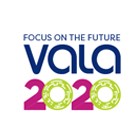 Collections, catalogues and connections: My engagement escapade
Collections, catalogues and connections: My engagement escapade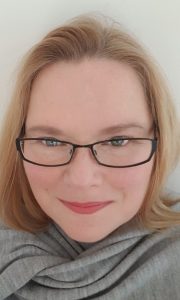 Abstract
Abstract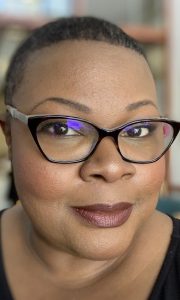 Abstract
Abstract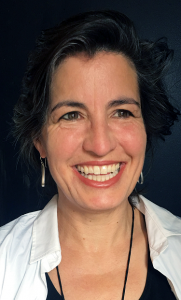 Abstract
Abstract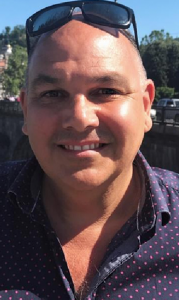 Abstract
Abstract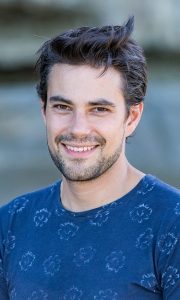
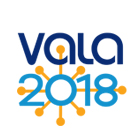
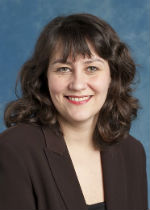

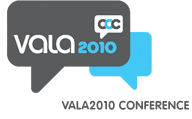 The Louvre – DNP Museum Lab, a Multimedia Mediation Laboratory
The Louvre – DNP Museum Lab, a Multimedia Mediation Laboratory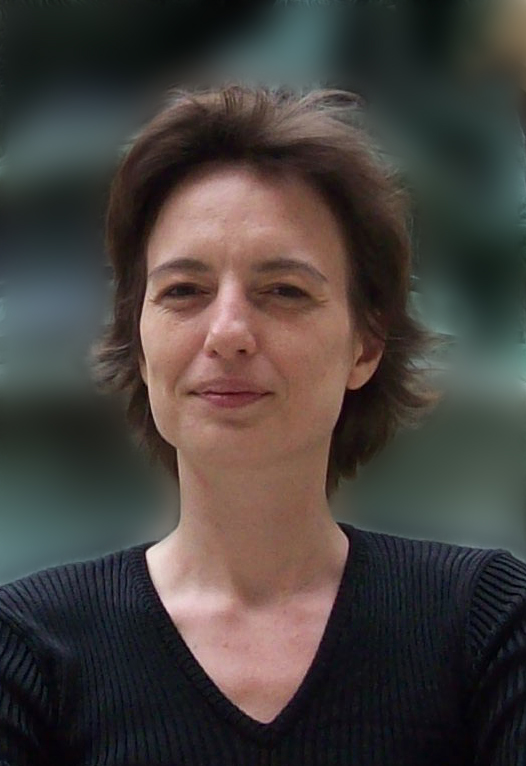 Please tag your comments, tweets, and blog posts about this session:
Please tag your comments, tweets, and blog posts about this session: